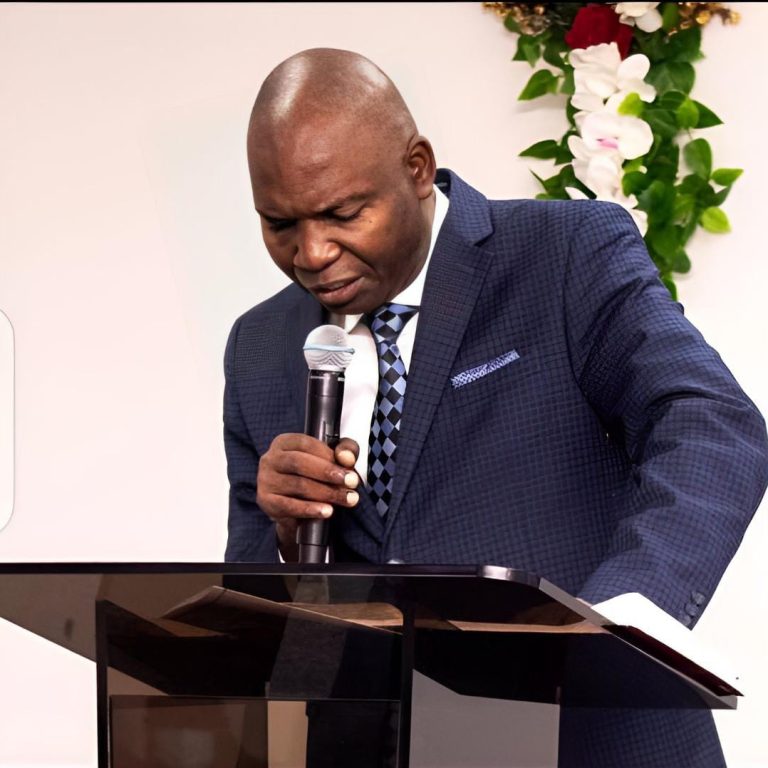
Freedom, a concept deeply ingrained in human history and culture, has been interpreted in various ways over time. When examining freedom from a biblical perspective, the nuances and layers of its true meaning become evident. The Bible, a timeless and revered text, addresses freedom not merely as a political or societal construct, but as a spiritual principle that transcends human understanding.
A Foundation in Faith
Biblical freedom is rooted in the context of faith and relationship with God. Throughout the Scriptures, the concept of freedom is intertwined with the narrative of humanity’s relationship with its Creator. In the Book of Genesis, the story of Adam and Eve introduces the concept of choice, highlighting the freedom humans possess to make decisions. However, it also illustrates the consequences of choices made outside of God’s will.
The Exodus narrative in the Old Testament is perhaps one of the most poignant examples of biblical freedom. The Israelites’ liberation from slavery in Egypt is a profound representation of God’s intervention and deliverance. This event not only serves as a historical account but also symbolizes spiritual freedom – the idea that God’s salvation frees humanity from the bondage of sin and its effects.
Spiritual Liberation
Central to the biblical concept of freedom is the notion of spiritual liberation. In the New Testament, the teachings of Jesus Christ emphasize this spiritual freedom. In the Gospel of John, Jesus proclaims, “If the Son sets you free, you will be free indeed.” (John 8:36) Here, the focus shifts from political or earthly freedom to a freedom that transcends circumstances and is deeply connected to the soul.
The Apostle Paul also delves into the concept of freedom in his letters. In Galatians 5:1, he writes, “It is for freedom that Christ has set us free. Stand firm, then, and do not let yourselves be burdened again by a yoke of slavery.” Paul’s words highlight that the freedom offered by Christ is not just a physical release from captivity but a release from the bondage of sin and the law.
Freedom and Responsibility
Biblical freedom is not a license for unrestrained behavior; rather, it involves a sense of responsibility. Galatians 5:13 states, “You, my brothers and sisters, were called to be free. But do not use your freedom to indulge the flesh; rather, serve one another humbly in love.” This verse underscores that true biblical freedom is not about pursuing self-interest at the expense of others but about exercising freedom in service and love.
In this context, freedom is not the absence of constraints but the presence of a higher purpose. Biblical freedom encourages individuals to align their choices with God’s will, recognizing that true fulfillment and joy come from living in harmony with their Creator and serving the needs of others.
The Paradox of Freedom
Biblical freedom presents a paradox: surrendering to God’s will leads to true liberation. This notion challenges the prevailing understanding of freedom as autonomy and self-determination. Instead, biblical freedom calls for surrendering one’s desires to God, trusting in His guidance, and finding ultimate fulfillment in a relationship with Him.
In this surrender, individuals find deliverance from the burdens of guilt, shame, and insecurity. They are no longer captive to their past mistakes or societal expectations. Instead, they experience the transformative power of grace, forgiveness, and love.
Conclusion
Biblical freedom, far from being a simplistic concept, is a multifaceted and profound principle deeply rooted in the narrative of human spirituality. It encompasses the liberation of the soul, a call to responsible living, and a surrender to God’s divine plan. Through faith and relationship with God, individuals discover a freedom that transcends earthly limitations and offers an eternal perspective. As they navigate the complexities of life, they find true freedom in the embrace of their Creator, walking in harmony with His purposes and experiencing the fullness of life He intends.













